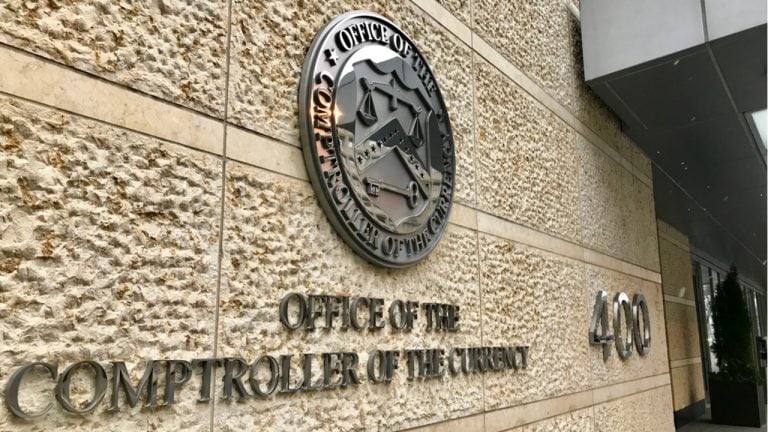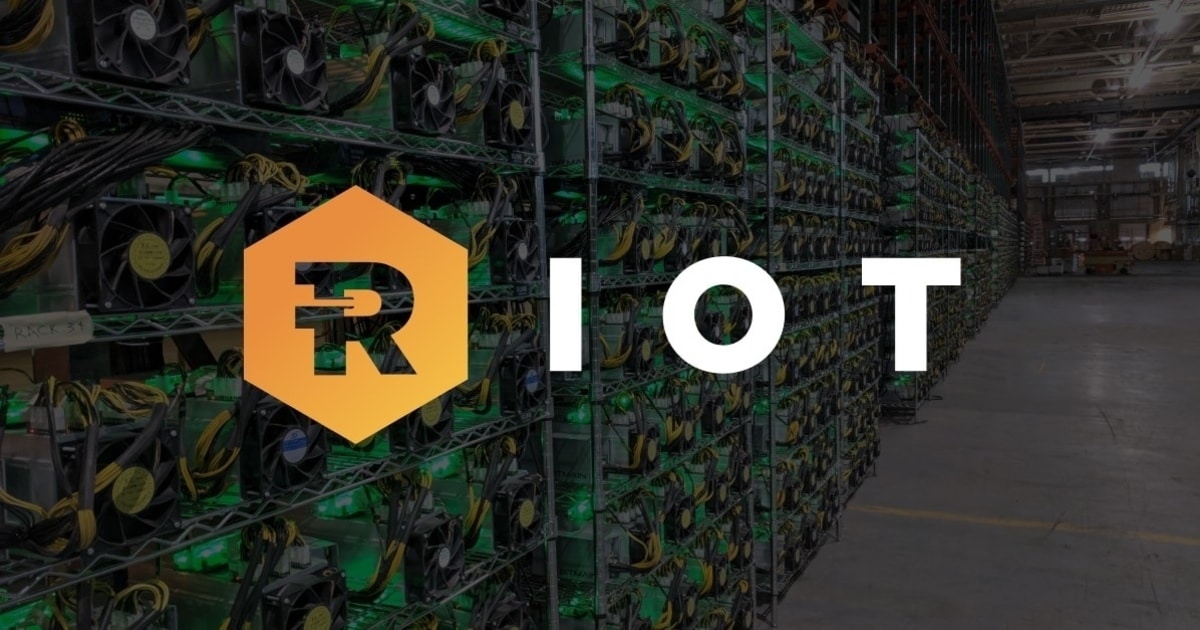Fraudsters Impersonate a US Federal Agency by Sending Emails Asking for Bitcoin Wallet Keys

U.S. consumers have been receiving fake emails that attempt to impersonate a federal regulatory agency which has raised alarms among crypto community members. The U.S. Office of the Comptroller of the Currency (OCC) warned that such bogus messages ask people for their bitcoin wallet keys.
Fictitious Message Contains Several Grammar Mistakes and Typos
According to the alert published by the OCC, the fake email claims to be signed by senior officials of the agency. They took the opportunity to warn people that the federal entity holds no virtual currencies, such as bitcoin (BTC), on behalf of other agencies or deals with digital assets whatsoever.
Scammers who elaborated the message didn’t take care of grammatical mistakes and typos notably highlighted all over the phony email, which reads as follows:
US COMPTROLLER OF THE CURRENCY: Your fund $10.5M is ready to be paid to you.Note your fund can only be paid to you VIA a Bitcoin Wallet Address ID NO:Due to too much charges/fees been demanded by the banks and government officials befoethey can sign for the release of funds belonging to foreigners,the IMF.UNITED NATIONS and WORLD BANK have made a new policy that any debt or payment belonging to an individual above $1M should be paid through a bitcoin wallet address. You are instructed to provide with immediate effect a bitcoin wallet address id no,for your fund to be credited on the wallet for you now. Signed NAME REMOVED / Director US COMPTROLLER OF THE CURRENCYC
The OCC issued the following comment to warn people about the spam campaign launched by fraudsters:
“Do not respond in any manner to any proposal purported to be issued by the OCC that requests personal account information or requires the payment of any fee in connection with the proposal, or that suggests the OCC is a participant in the transfer of funds for or on behalf of others.”
Crypto Scams Have Been on the Rise This Year, Warns US Regulator
Crypto-related scams have been on the rise in the United States, as the U.S. Federal Trade Commission (FTC) addressed the issue recently with a warning.
The warning came in the wake of reports which unveiled that over $2 million has been taken by fraudsters impersonating the Tesla CEO Elon Musk and using virtual currencies scams.
What are your thoughts on the scam impersonating the U.S. banking regulator? Let us know what you think about this subject in the comments section below.



